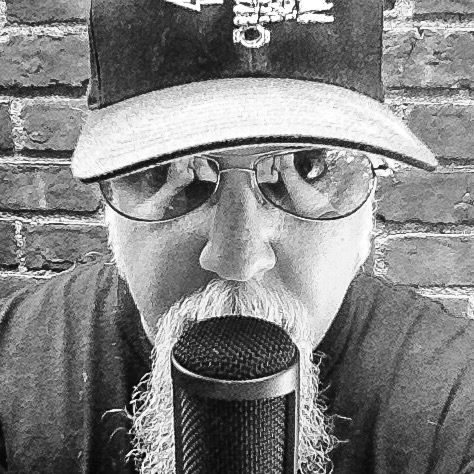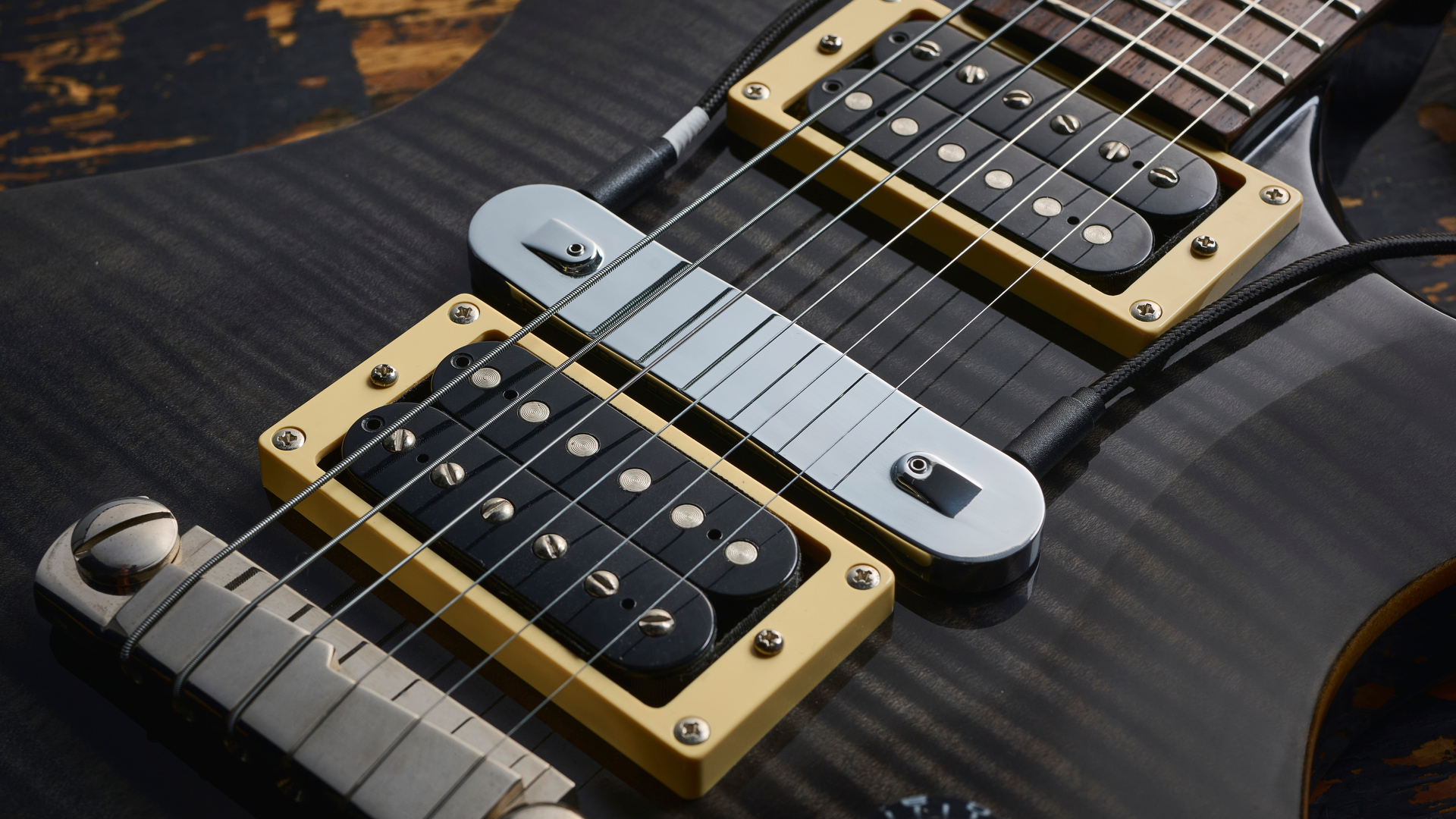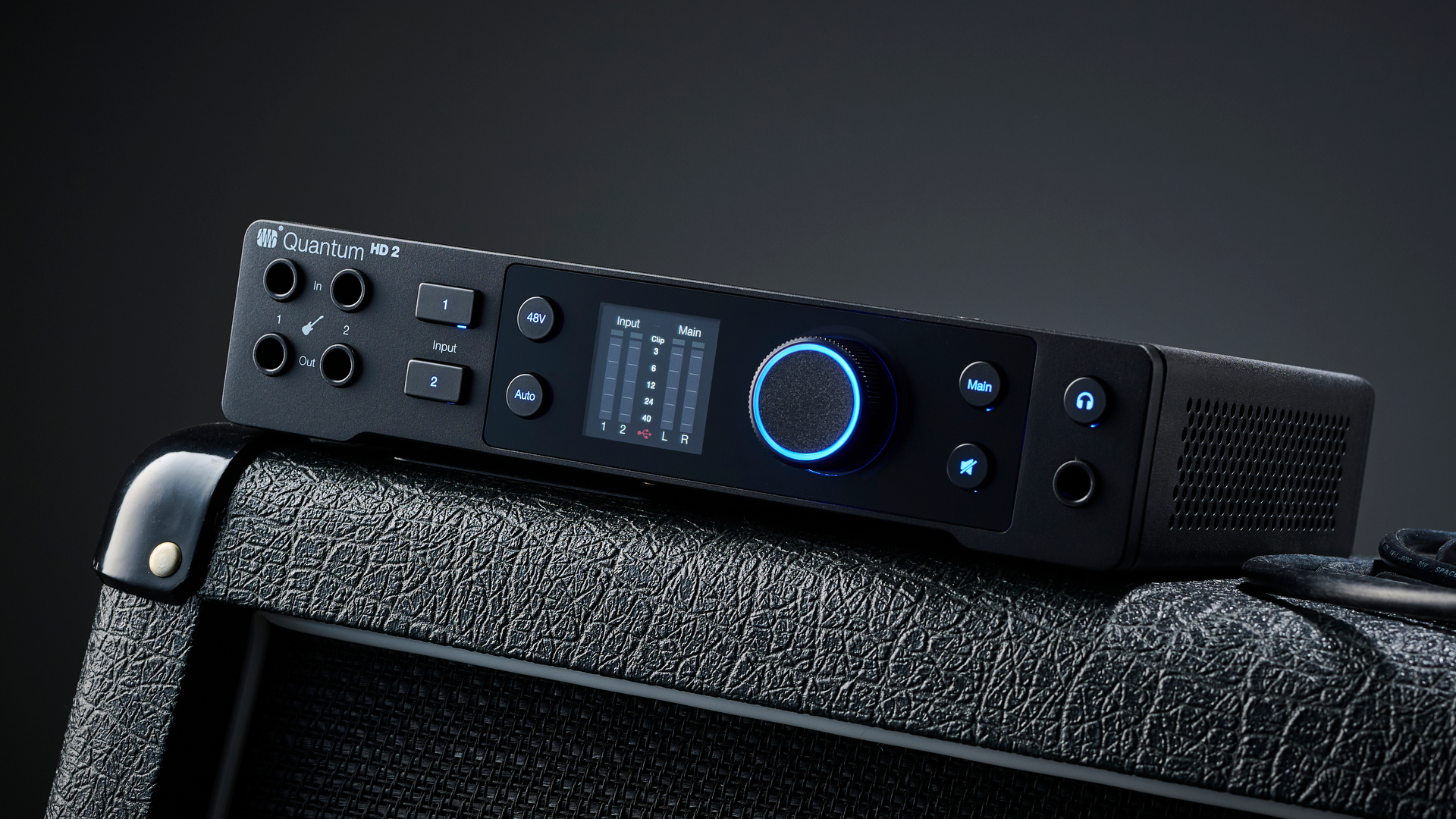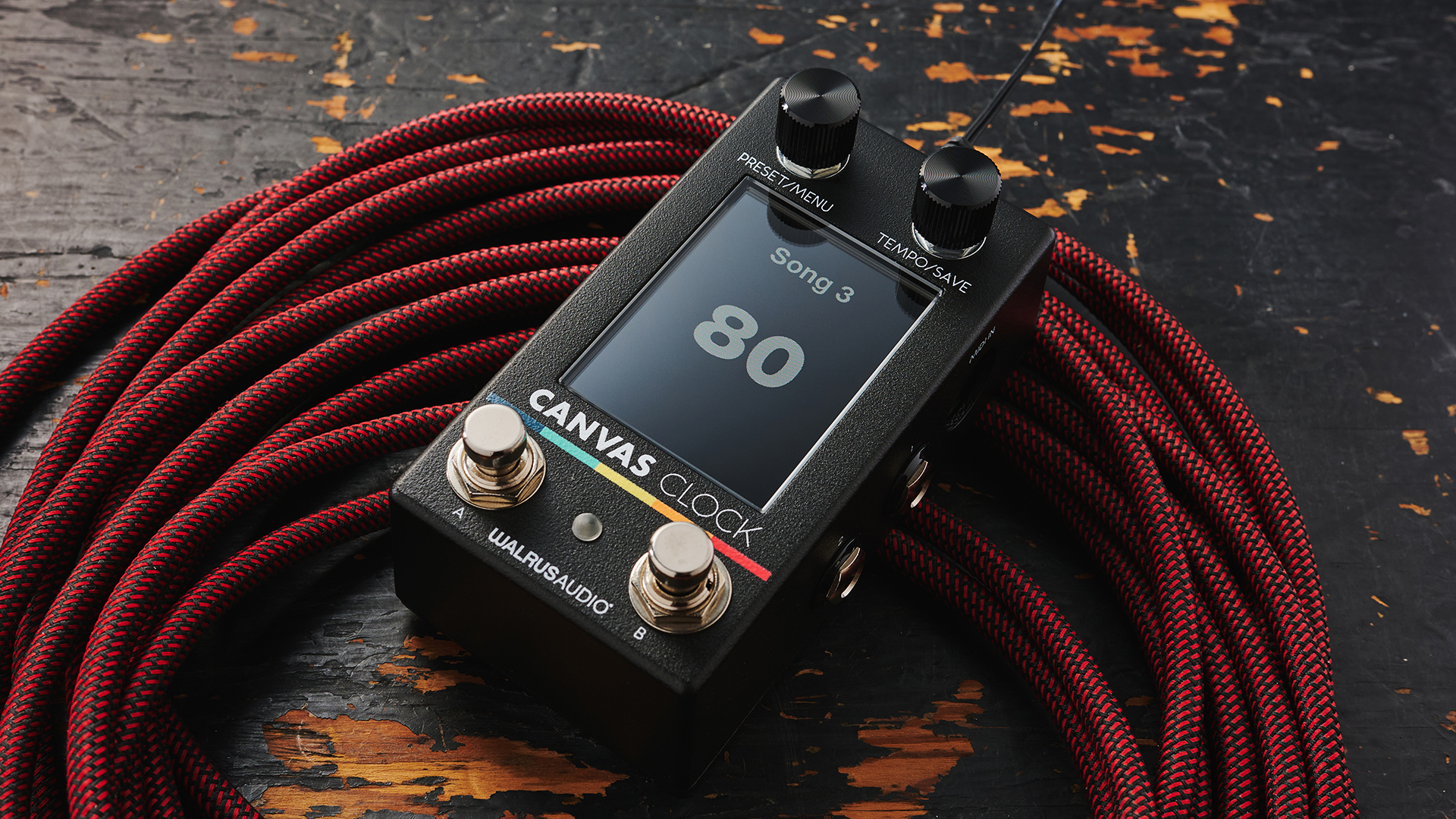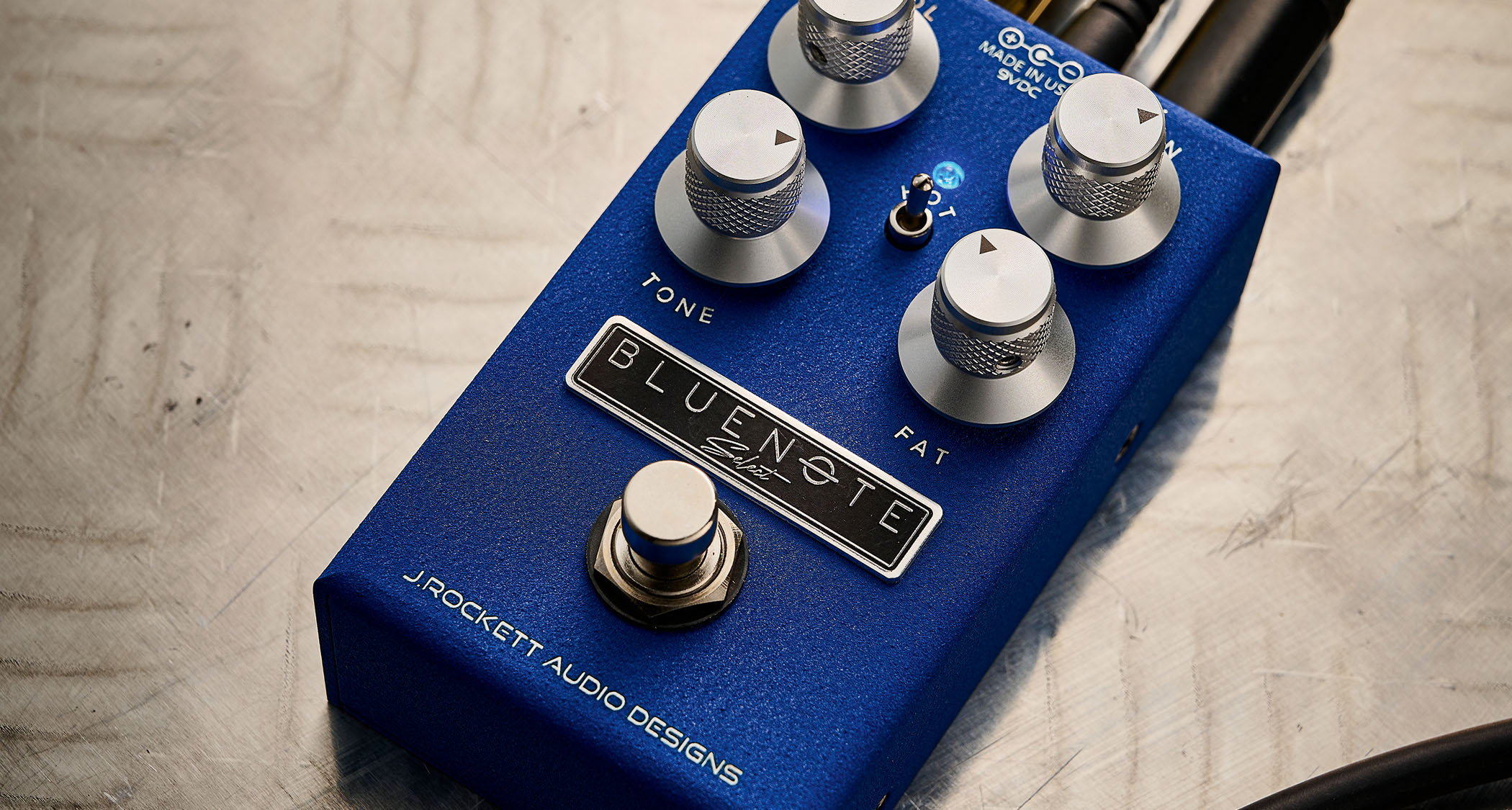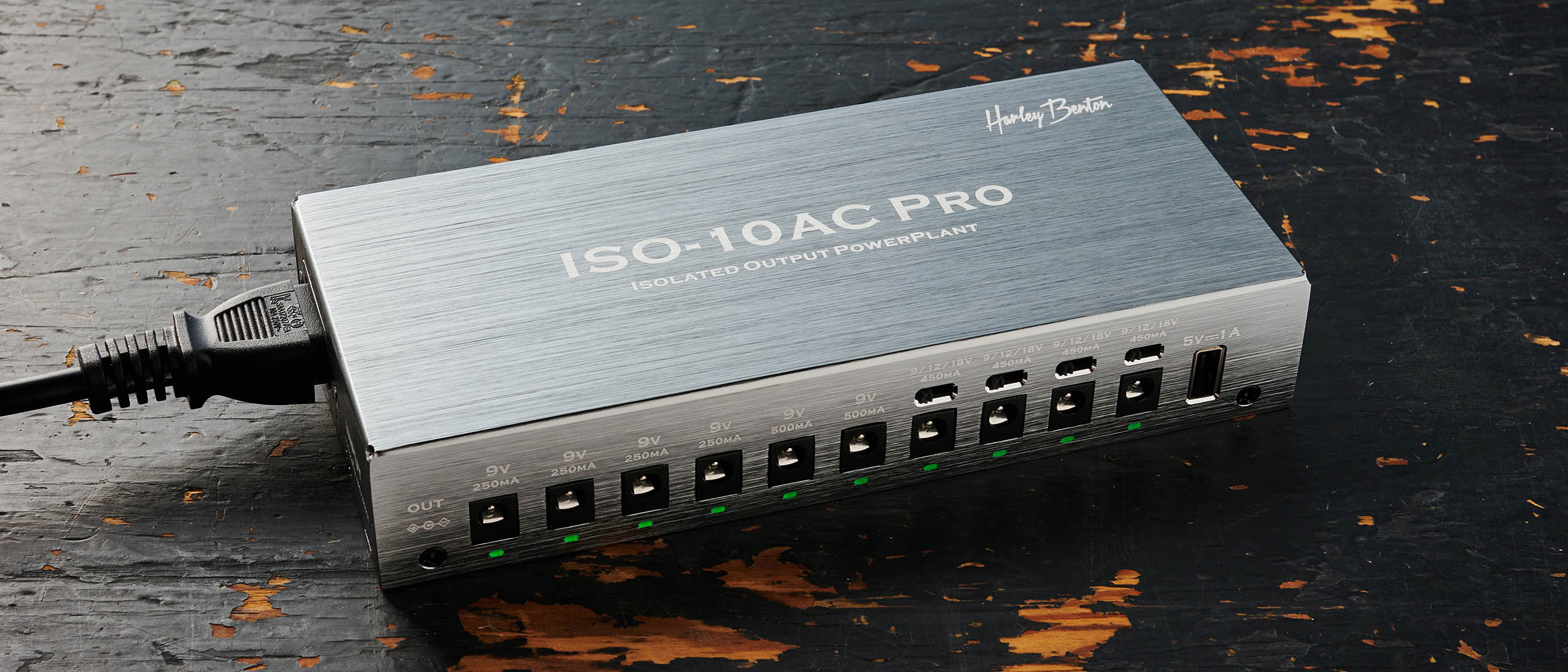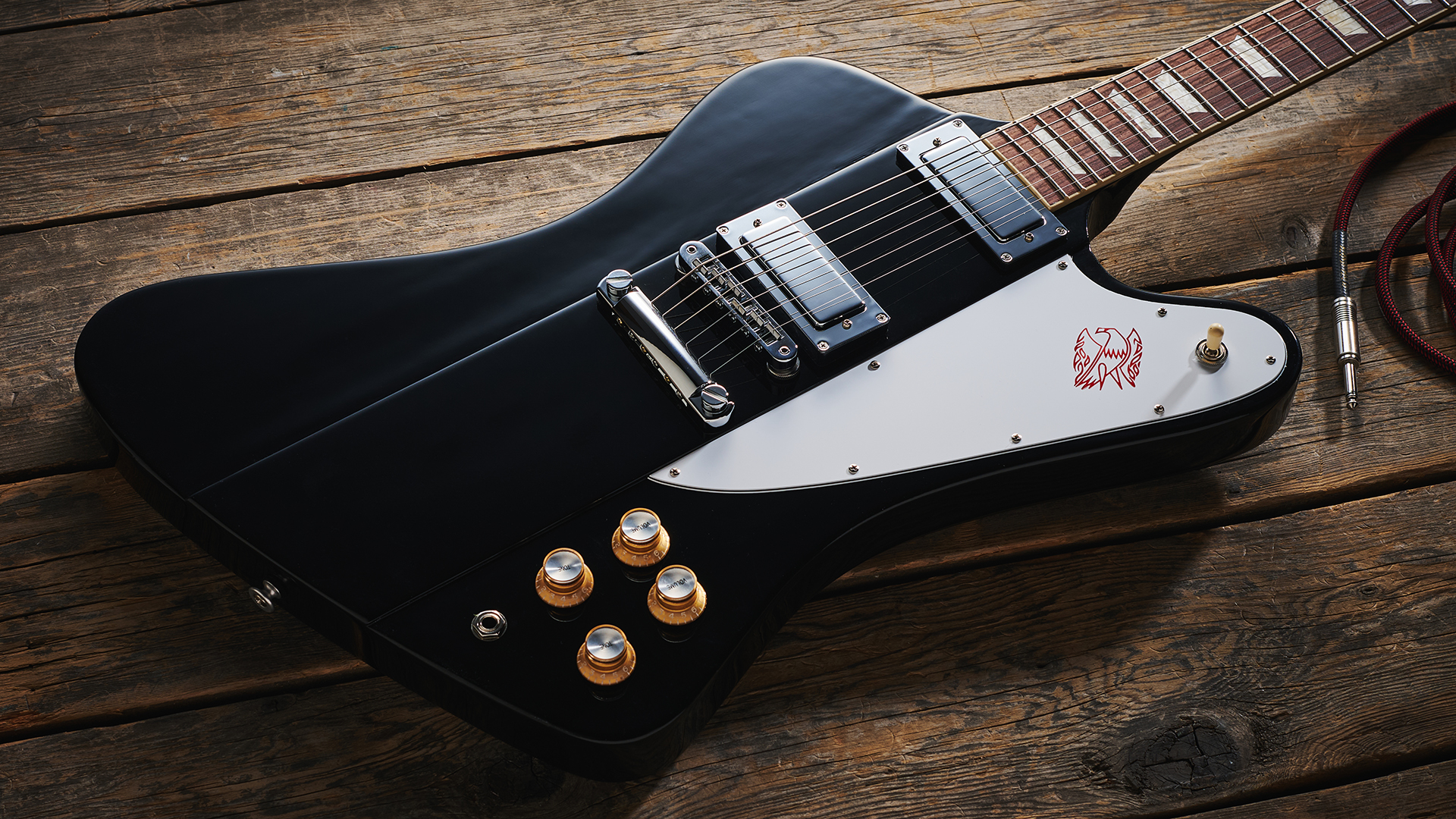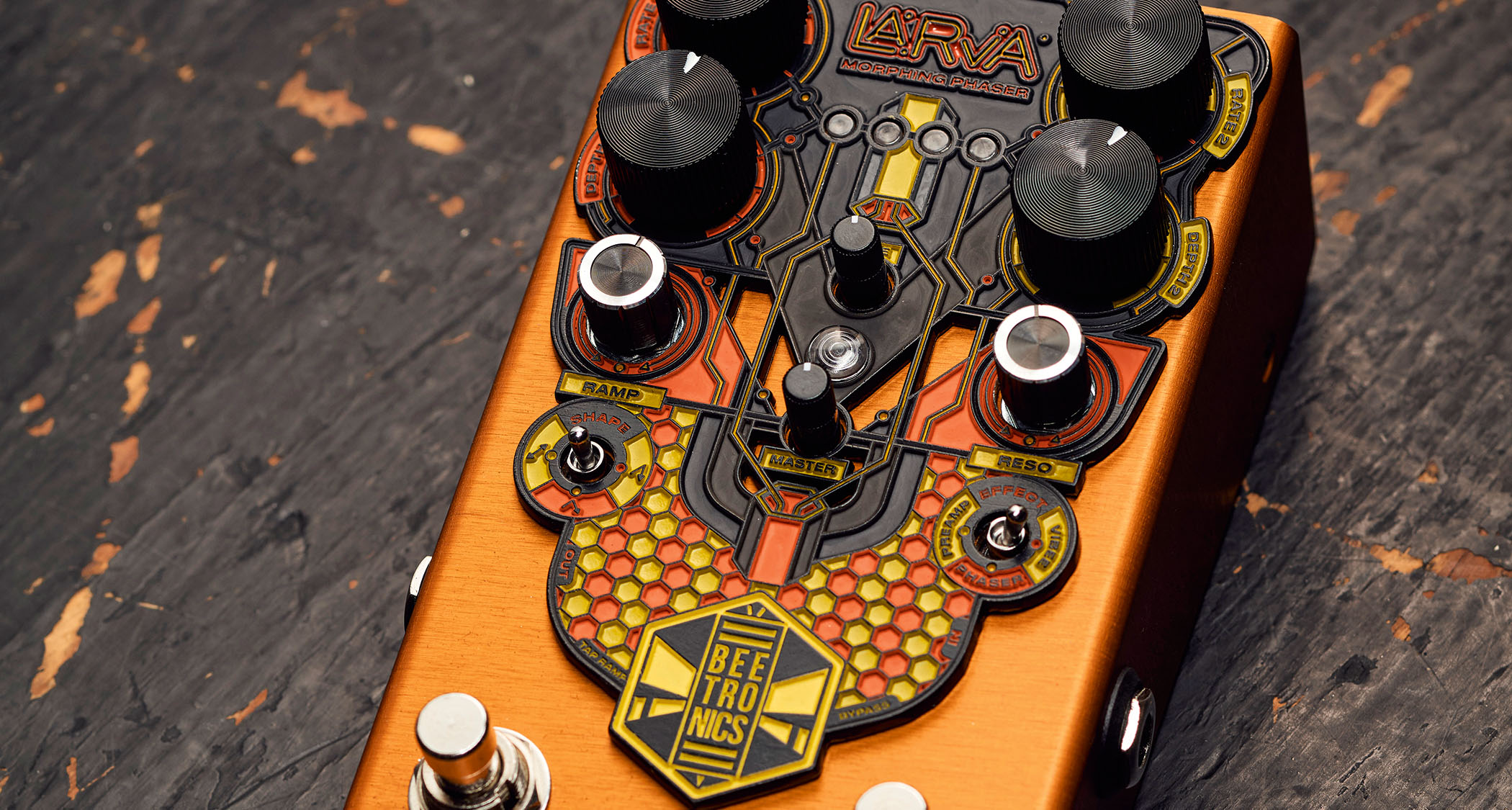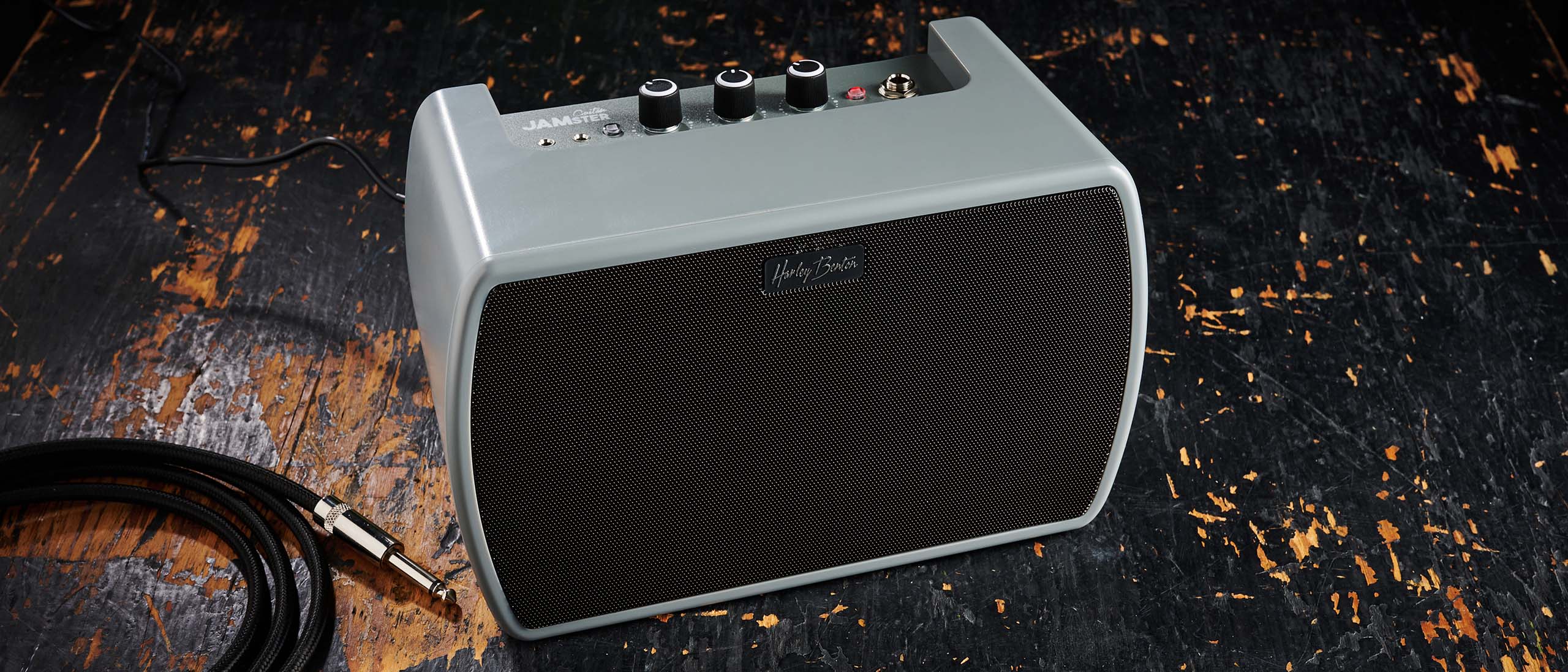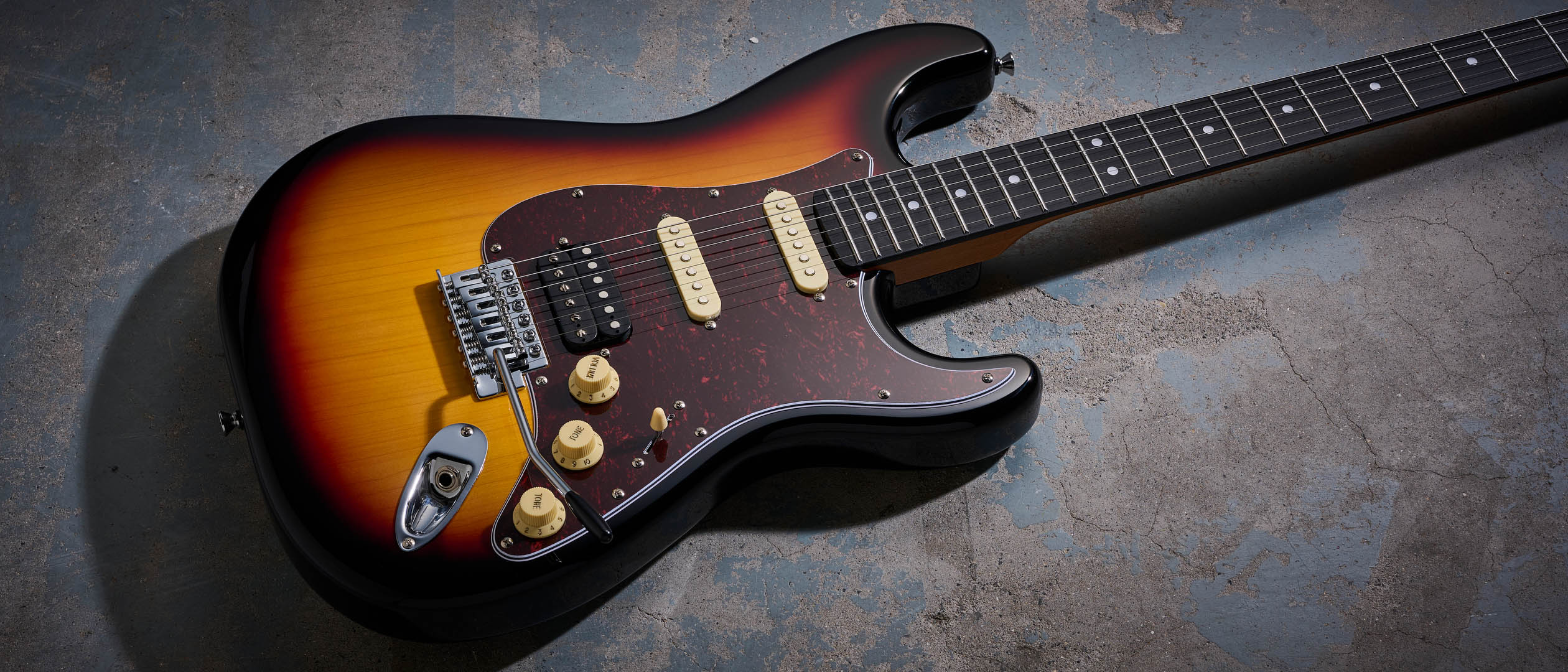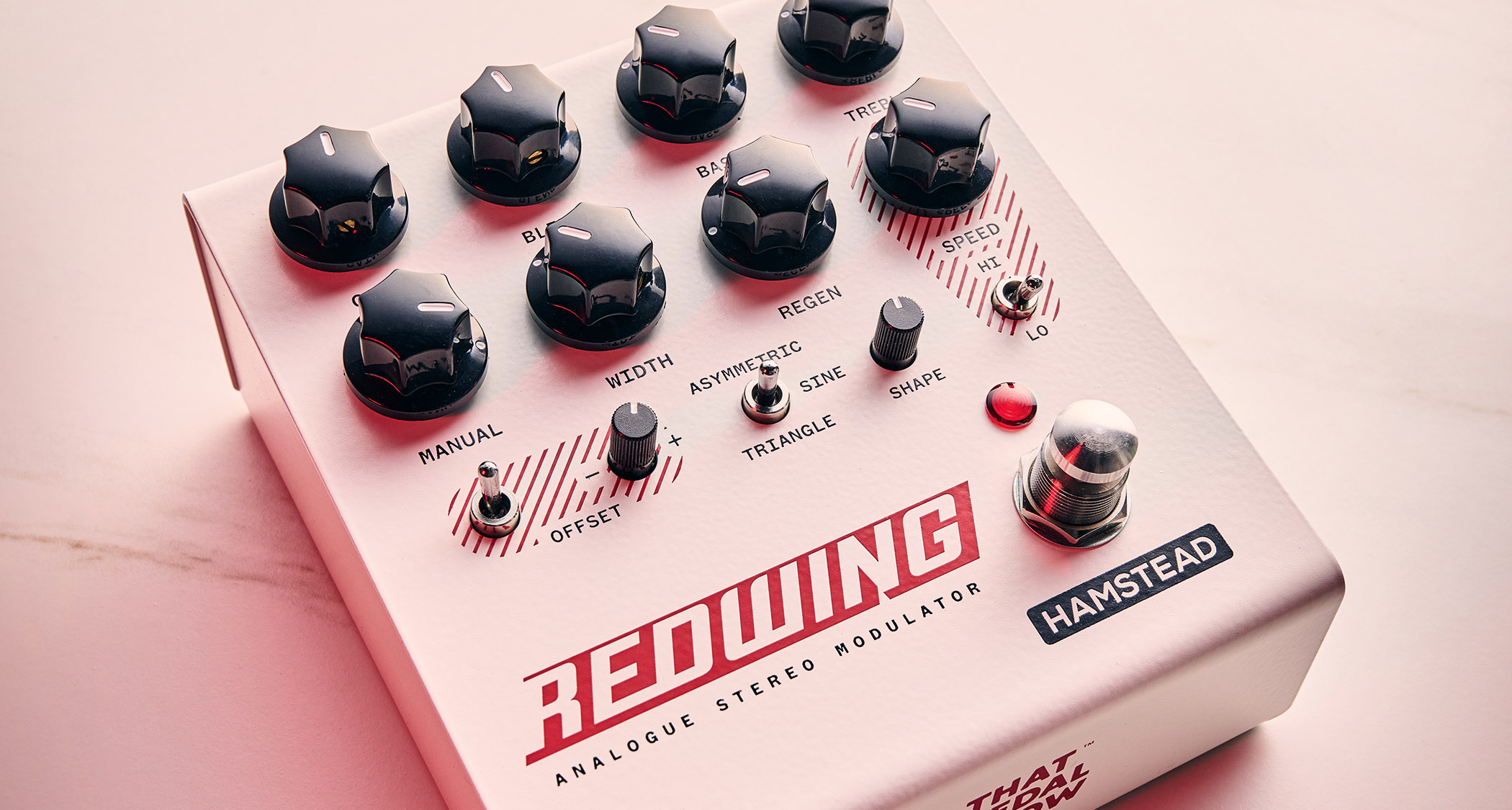Guitar World Verdict
If your taste in fuzz leans toward the extreme, Gary has the personality to remain your lifelong best friend. Add an overdrive that sounds great on its own and can boost those fuzz effects up to the front and center of a mix, and Gary offers great two-in-one value in a compact box that won’t hog space on your pedalboard.
Pros
- +
One of the most gloriously twisted and dynamically expressive fuzz effects known to mankind.
- +
Useful overdrive circuit that sounds great on its own or can boost fuzz to stage domination levels.
- +
Great value since it’s two independent effects in a single box.
Cons
- -
Fuzz tones may be too extreme, especially for people who wear Birkenstocks and drink chardonnay.
- -
Control names may confuse small animals and agitate humor-challenged individuals.
You can trust Guitar World
What is it?
Designed in collaboration with guitarist Lee Kiernan of Idles (whose records, T-shirts and commemorative plates we hoard and treasure), Gary is a versatile dirt box with a split personality, with one side providing gnarly automatic pulse-width modulation fuzz while the other side offers robust op-amp overdrive based on the green channel of EarthQuaker’s classic Gray Channel dual overdrive.
Mix up the letters of “Gray” and you get “Gary,” which is a perfectly cromulent name for a schizophrenic stompbox if it’s anything like the Garys we know (you know who you are, Gary!).
The PWM fuzz and overdrive circuits are independent, each featuring a duo of controls and separate on/off footswitch so you can switch between or blend the effects at will.
Specs
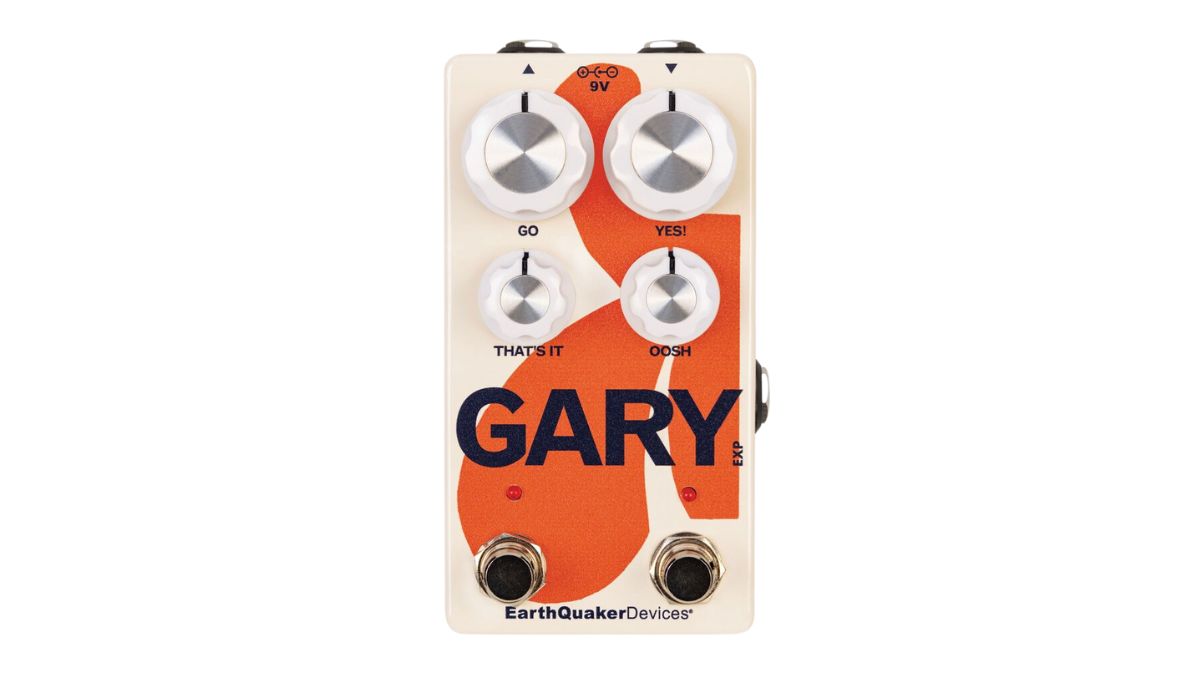
- Launch price: $199/£209/€249
- Type: PWM Fuzz and dynamic natural overdrive pedal
- Controls: Go, Yes!, Oosh, That's it, silent relay-based footswitch with Flexi-Switch tech
- Connectivity: 2x 1/4" input/output, standard centre negative power input
- Bypass: True
- Power: 9V DC, 20 mA
- Dimensions: 121 x 64 x 57 mm
- Options: None
- Contact: EarthQuaker Devices
Usability and sounds
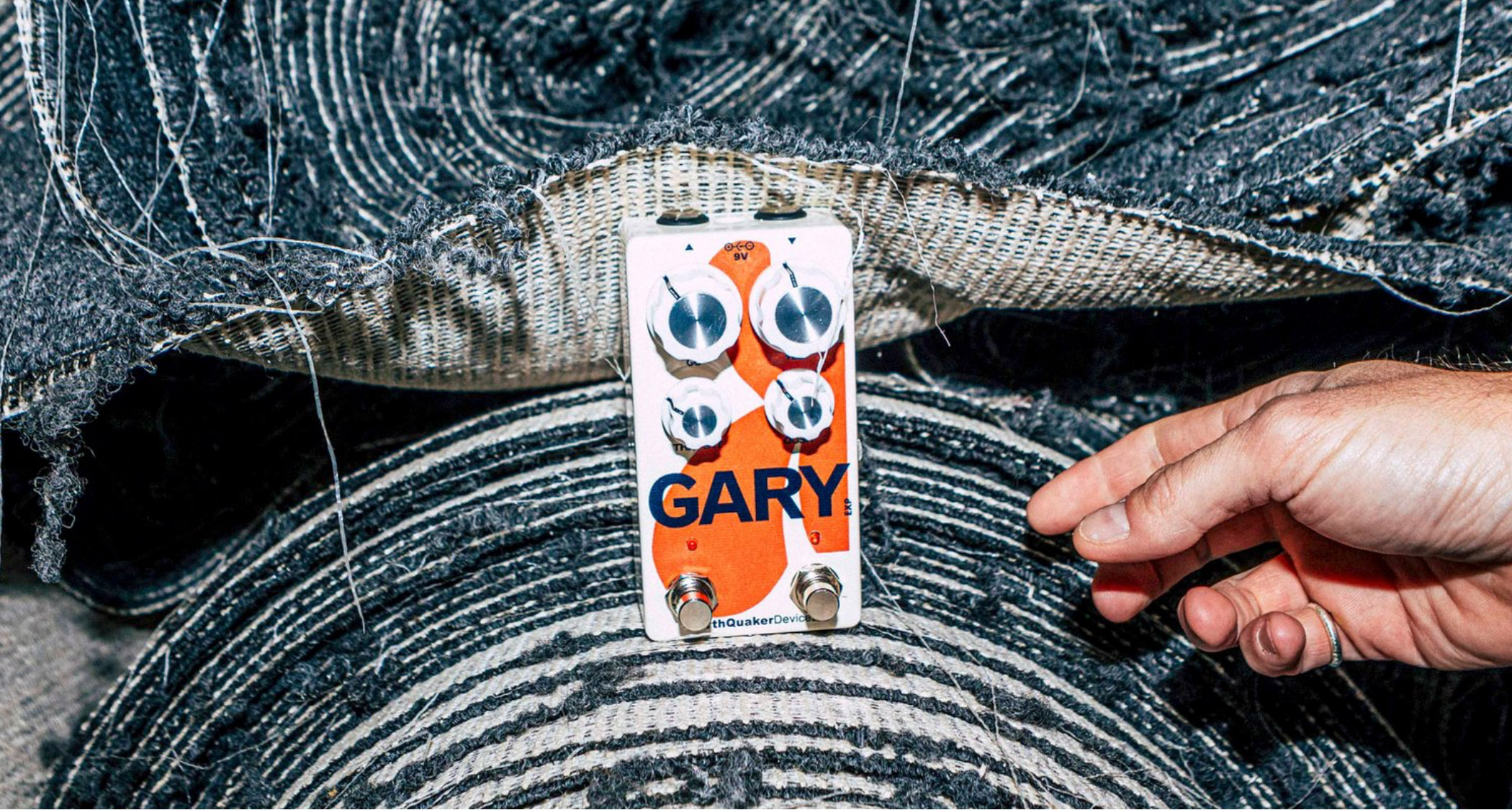
The Gary pedal’s design is about as simple as it gets. On the left side representing the overdrive section, there’s a big knob labeled “Go” that adjust the gain level and a smaller “That’s It” knob a.k.a. master volume. Directly below those knobs is the OD effect’s footswitch with an LED.
For the pulse-width modulation fuzz section on the right (which comes first in the signal chain), the big knob labeled “Yes!” dials in the sensitivity of the square wave fuzz’s modulation and the smaller “Oosh” knob controls the fuzz effect’s master volume.
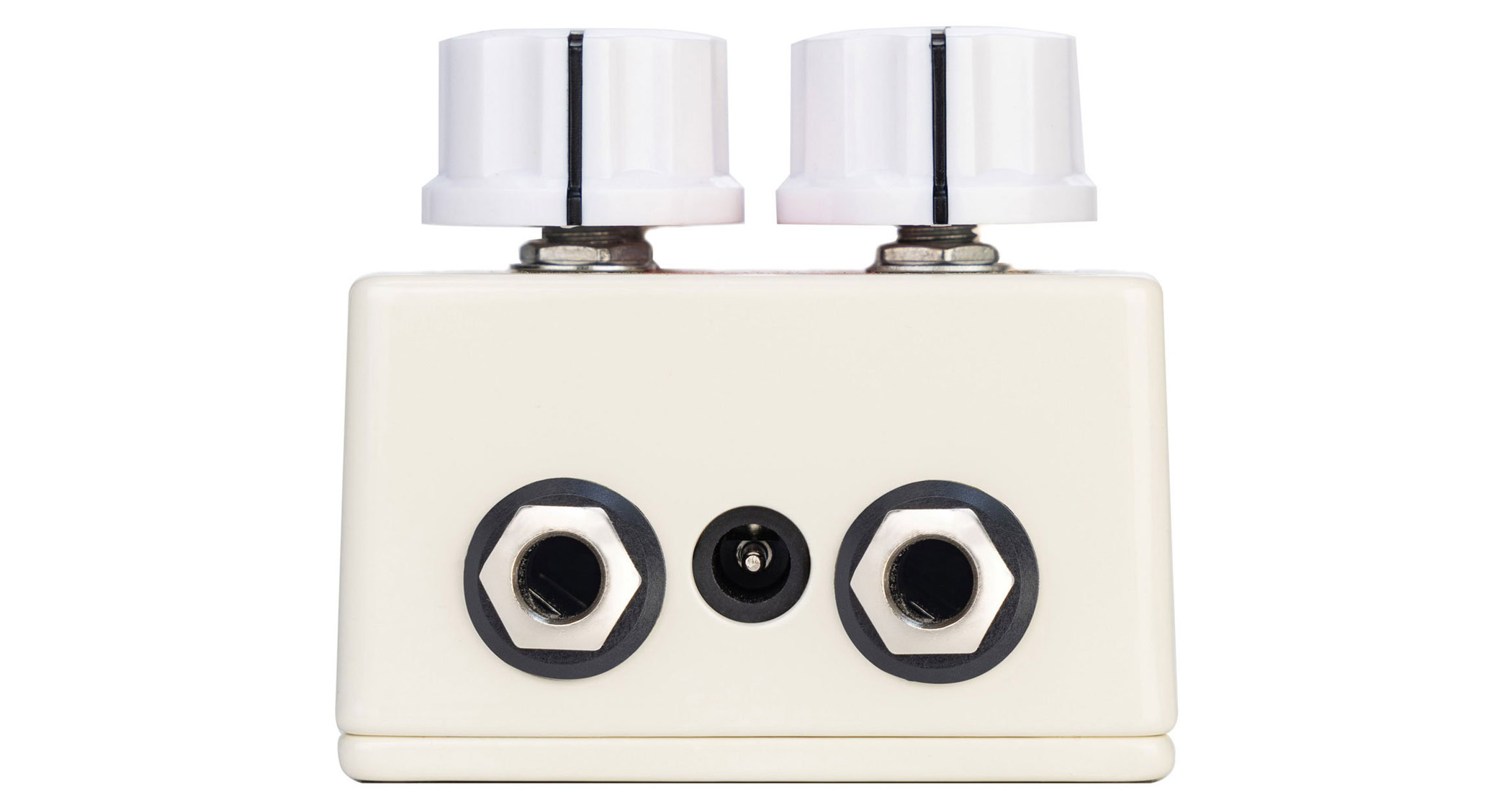
Just like the OD section, a footswitch for the fuzz section is located directly below its corresponding knobs. The names are really meaningless, encouraging players to use their ears to make adjustments, which is the way it should be.
The large knobs are designed to be easy to grab for quickly tweaking settings in the heat of performance, while the smaller master volume knobs are more set and forget for the most part.
One extra cool added bonus is the side-mounted ¼-inch jack for an optional expression pedal that can be used to manually sweep the pulse width.
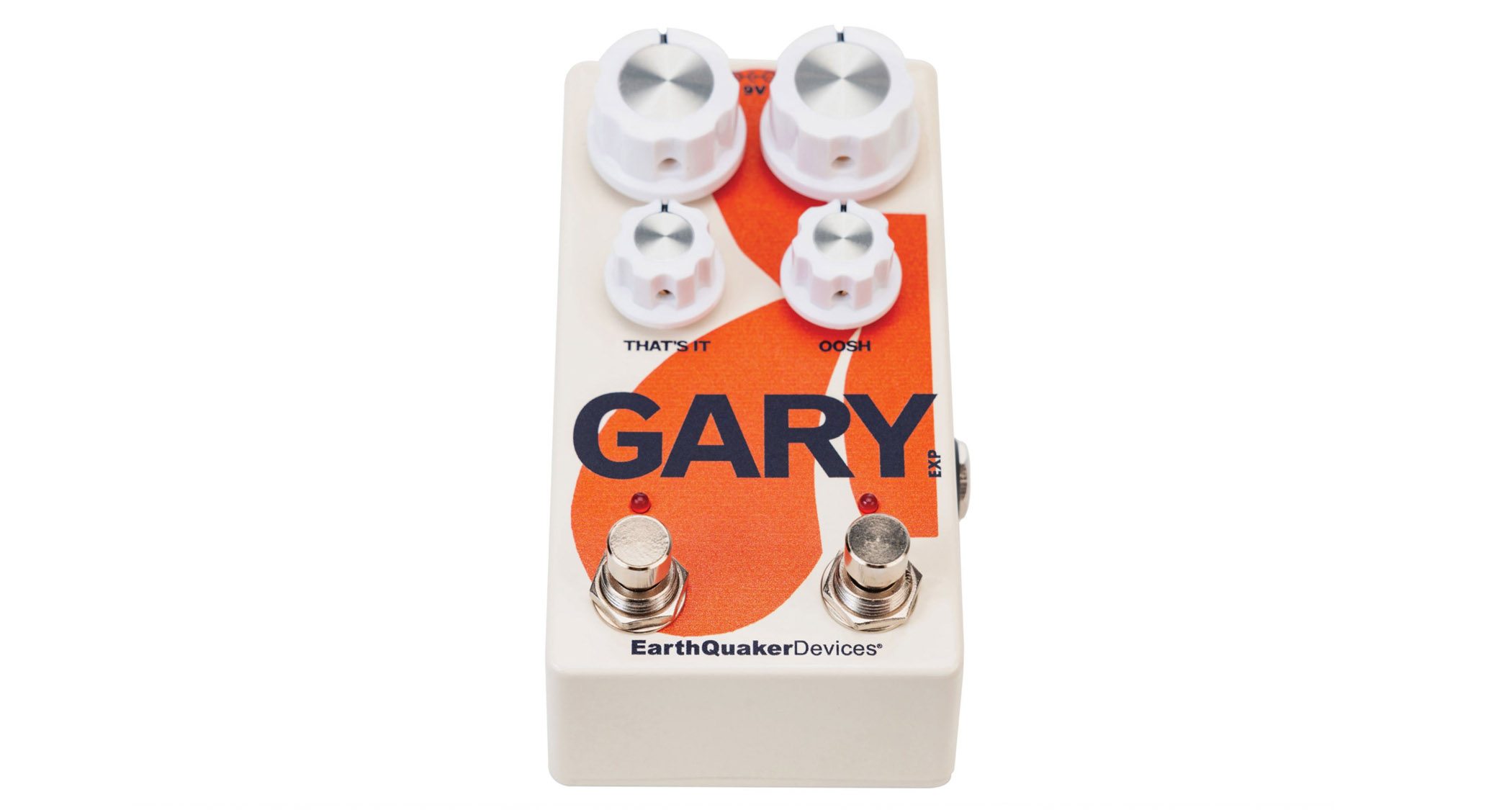
Why would anyone want to combine fuzz and overdrive in a single box? Simple, young grasshopper. Generally, the more gritty and spitty true square wave fuzz gets as its transistors are pushed to oblivion, the lower the volume output gets.
The expression pedal control function is plug and play, and the textures it generates are so cool that you’ll wonder why you were too lazy to bother with an expression pedal before
To avoid getting lost in the background when performing, the fuzz effect needs some extra boost, and nothing fills that bill quite as well as overdrive. As far as Gary’s fuzz goes, it’s on the more extreme side of the genre, with glorious splatty textures that can be tweaked to horn-like envelopes and seemingly endless compressed sustain.
Pulse-width modulation is the secret sauce that makes this effect more dynamically touch responsive than the average fuzz box. The overdrive section can be dialed to clean boost to pump up the dBs or it can be pushed hard to pile on luscious dirt that turns into sonic meltdown mayhem when the fuzz is added in.
The expression pedal control function is plug and play, and the textures it generates are so cool that you’ll wonder why you were too lazy to bother with an expression pedal before.
Verdict
Verdict: ★★★★½
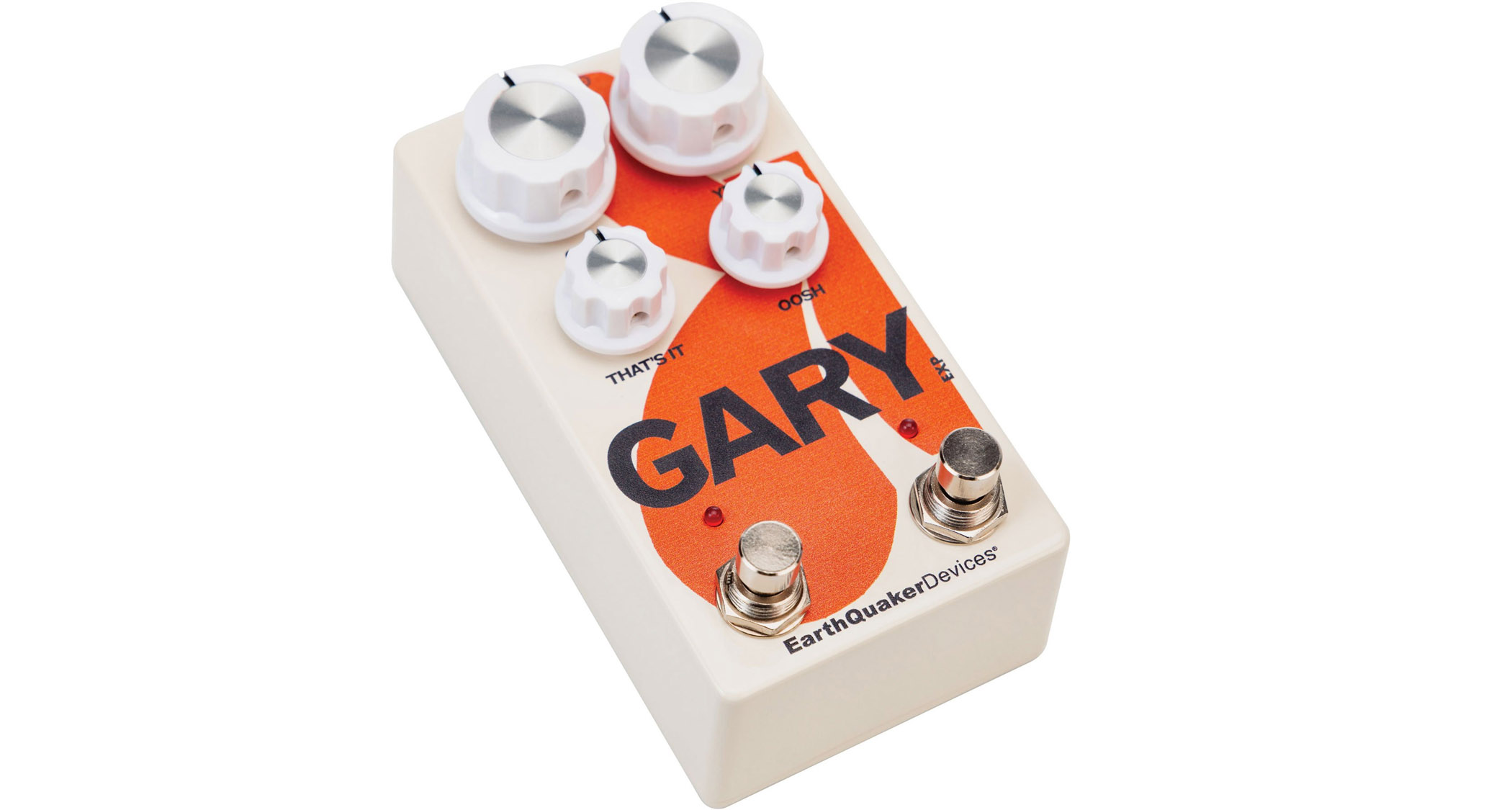
If your taste in fuzz leans toward the extreme, Gary has the personality to remain your lifelong best friend
Guitar World verdict: If your taste in fuzz leans toward the extreme, Gary has the personality to remain your lifelong best friend. Add an overdrive that sounds great on its own and can boost those fuzz effects up to the front and center of a mix, and Gary offers great two-in-one value in a compact box that won’t hog space on your pedalboard.
Hands-on videos
EarthQuaker Devices
Reverb
Andertons

Chris is the co-author of Eruption - Conversations with Eddie Van Halen. He is a 40-year music industry veteran who started at Boardwalk Entertainment (Joan Jett, Night Ranger) and Roland US before becoming a guitar journalist in 1991. He has interviewed more than 600 artists, written more than 1,400 product reviews and contributed to Jeff Beck’s Beck 01: Hot Rods and Rock & Roll and Eric Clapton’s Six String Stories.
You must confirm your public display name before commenting
Please logout and then login again, you will then be prompted to enter your display name.
“Even standing with the guitars is tricky”: Ritchie Blackmore's health sparks concern after update from wife and musical partner Candice Night
5 lo-fi guitar chords to add to your progressions
“The rest of the world didn't know that the world's greatest guitarist was playing a weekend gig at this place in Chelmsford”: The Aristocrats' Bryan Beller recalls the moment he met Guthrie Govan and formed a new kind of supergroup



